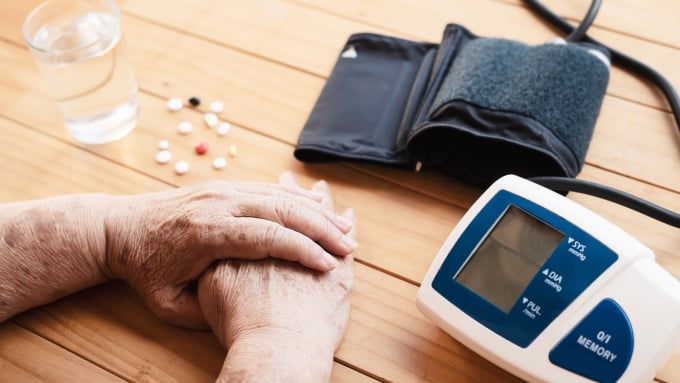Noise and air pollution can impact heart health and raise blood pressure, according to new research.
A study published in March in the journal JACC Advances found that heavy traffic noise was associated with an increased risk of high blood pressure, a risk factor for heart attack and stroke. The findings were based on an analysis of data from nearly 250,000 people from the UK Biobank, ages 40 to 69, who did not have high blood pressure.
In the study, scientists estimated road traffic noise exposure based on residential addresses and a common noise assessment method developed by the European Commission. They followed participants for an average of 8.1 years, and then found more than 21,000 people with high blood pressure. Those who lived near road traffic noise were at higher risk.
The scientists also found that the higher the amount of road noise, the greater the risk. People exposed to air pollution and traffic noise had the highest risk of high blood pressure. This finding held true even after people adjusted for exposure to air pollution, including particulate matter and nitrogen dioxide.

Noise causes stress on the body, leading to increased blood pressure and the risk of heart disease. Photo: Freepik
"In theory, this relationship makes sense because noise or pollution can increase stress on the body, causing increased blood pressure," says Dr. Jim Liu at Ohio State University in Columbus (who was not involved in the study).
The new findings could be used to support public health measures that confirm that road traffic noise is harmful to blood pressure, the researchers said. In the 2021 European Society of Cardiology Guidelines, the authors also said that environmental exposure, including noise levels above thresholds, is likely to increase the risk of heart disease. The reason is that long-term high blood pressure damages organs, including the heart, brain, kidneys and eyes.
Until scientists have more conclusive evidence, Dr. Liu said, there are steps people can take to minimize the effects of traffic noise. People should choose a location away from noise, increase soundproofing materials, or wear hearing protection, such as earplugs. Some electronic devices also offer active noise cancellation. At home, people can use curtains, add furniture, and block door gaps to block out noise from entering their living spaces.
Chile (According to Everyday Health, CNN )
Source link































































































![[Infographic] In 2025, 47 products will achieve national OCOP](https://vphoto.vietnam.vn/thumb/402x226/vietnam/resource/IMAGE/2025/7/16/5d672398b0744db3ab920e05db8e5b7d)





Comment (0)